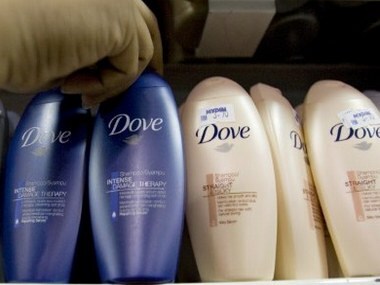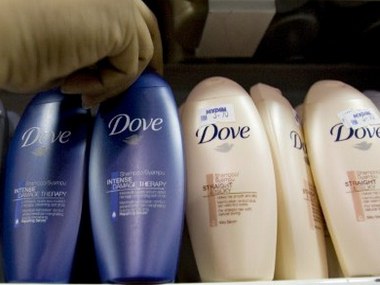Is Hindustan Lever facing a brain drain?
If the latest story in The Economic Times is anything to go by, it certainly looks like it. Certain decisions by CEO Paul Polman, it seems, are not going down well with the Indian arm’s top brass. In the past 18 months, three of the top eight executive directors of Hindustan Unilever - Gopal Vittal, Shrijeet Mishra and Ashok Gupta - have exited the company.
Polman has allegedly beencentralising several decisions, which, it seems, has been narrowing the scope for initiative and innovation from local managers. The fact that he is open to outsiders being given a chance within HUL has also left insiders in line for a promotion, disgruntled, the newspaper said.
[caption id=“attachment_192573” align=“alignleft” width=“380” caption=“In the past 18 months, three of the top eight executive directors of Hindustan Unilever have exited the company.AFP”]
 [/caption]
[/caption]
In an earlier ET article ,it seemed the company was also considering doubling the number of years every executive spent in a single position.
Maybe that’s what promptedGopal Vittal, the latest executive to leave the company and headed the personal and home care division, to leave. He had been considered a possible successor to Nitin Paranjpe, the present managing director and CEO of HUL India.
Perhaps he became too exasperated at the idea of a longer wait.
HUL might have a great succession plan in place and as such, the high-level exits might not affect the management much. But retaining the loyalty of the top brass always speaks well of a company. Losing these kind of executives could tarnish its reputation.
Impact Shorts
More ShortsStockwise, HUL, due to its excessively high valuations, has moved into the sell list of several brokerages. The big problem with its operations is that it earns most of its revenues from the detergent and soap category, which is one of the most competitive categories in the fast-moving consumer goods sector. In the first nine months of the year, while revenues of the sector grew 15 percent, its operating profits were down 4 percent.
The company is also clearly losing overall market share, as it tries to lower advertising spend in a bid to curb high input costs. But as arecent report by brokerage UBS notes, “We continue to believe HUL needs to reinvest in the market rather than cutting advertising and promotional spend.”
Yet, the stock touched a life-time high as recently as December 26,2011.
That’s enviable, no doubt, but it would be prudent to remember that after soaring so high, it may have nowhere to go but down.
)